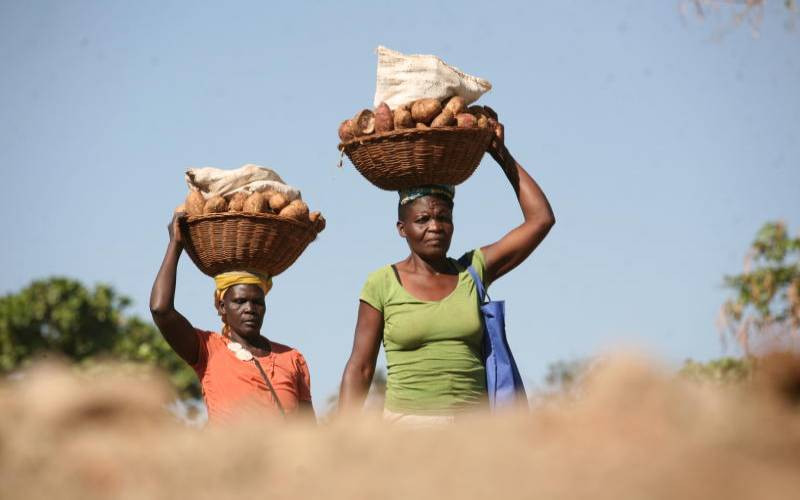×
The Standard e-Paper
Join Thousands Daily

Gender specialists have urged African leaders to include youth and women voices even as they discuss a key trade pact- African Continental Free Trade Area (AfCFTA), at an ongoing trade summit in Addis Ababa, Ethiopia.
AfCFTA agreement will create the largest free trade area in the world connecting 1.3 billion people across 55 countries in the African continent.